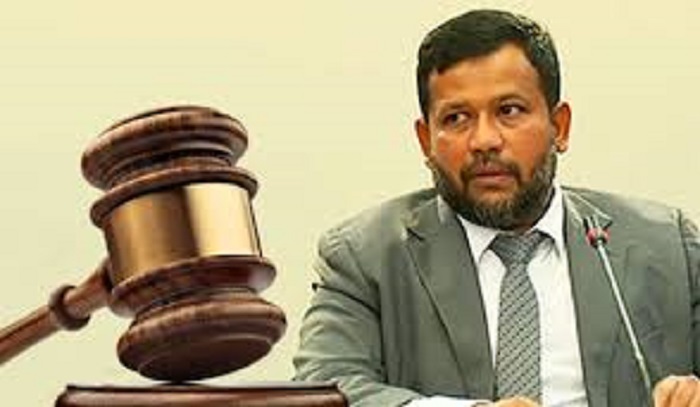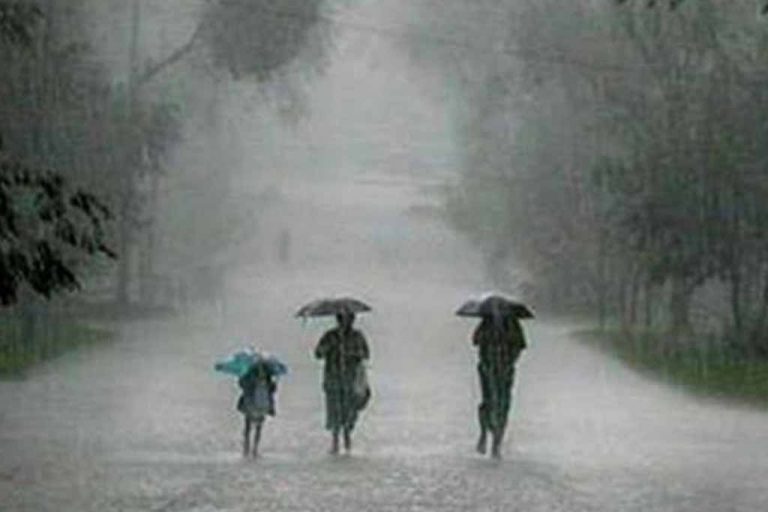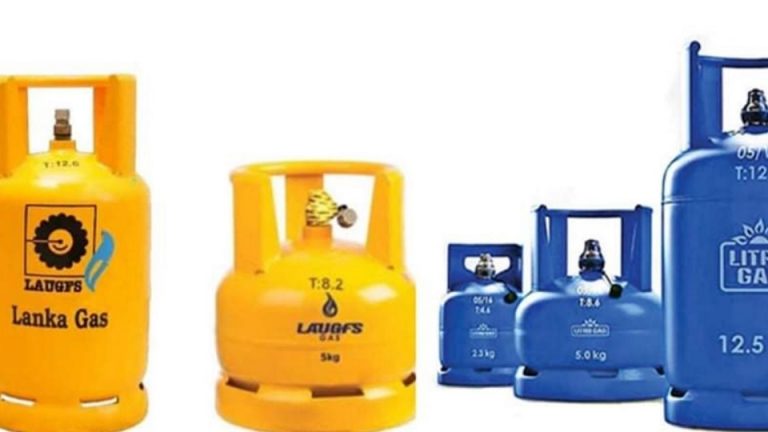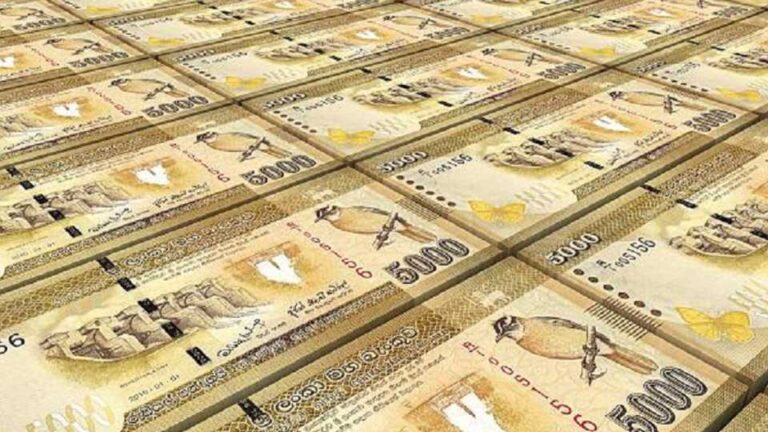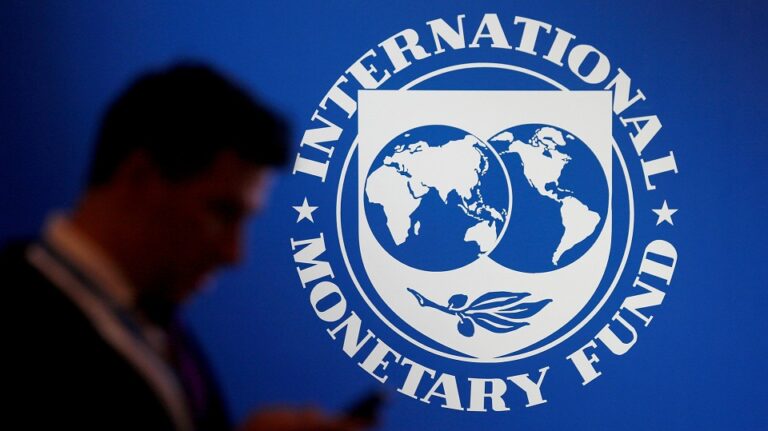The Court of Appeal has scheduled a support hearing for June 28 following an application for Contempt of Court against former Minister Rishad Bathiudeen. The application was filed due to his non-compliance with the orders issued by the Court of Appeal regarding the reforestation of Maritchikattu and Karadikkuli forests, which are adjacent to the Wilpattu Forest Reserve.
The Court of Appeal had pronounced its verdict on November 16, 2020, after considering the petition. In its ruling, the court ordered respondent Rishad Bathiudeen to take necessary measures to reforest the areas that had been cleared. The Forest Conservation Department estimated that the cost of carrying out this task would amount to Rs. 1,067 million. However, the respondent, who is the former minister, has not made any arrangements to pay the required amount or initiate the reforestation process.
The petitioner in this case has accused the former minister of failing to comply with the court’s order and neglecting his responsibility to provide the necessary funds for reforestation. As a result, the Court of Appeal has issued notices to Rishad Bathiudeen, summoning him to appear before the court and address the Contempt of Court application.
The upcoming support hearing on June 28 will provide an opportunity for the court to further assess the situation and gather any additional information related to the case. The Court of Appeal will carefully consider the allegations and the respondent’s response in order to make a fair and just decision regarding the Contempt of Court applica

